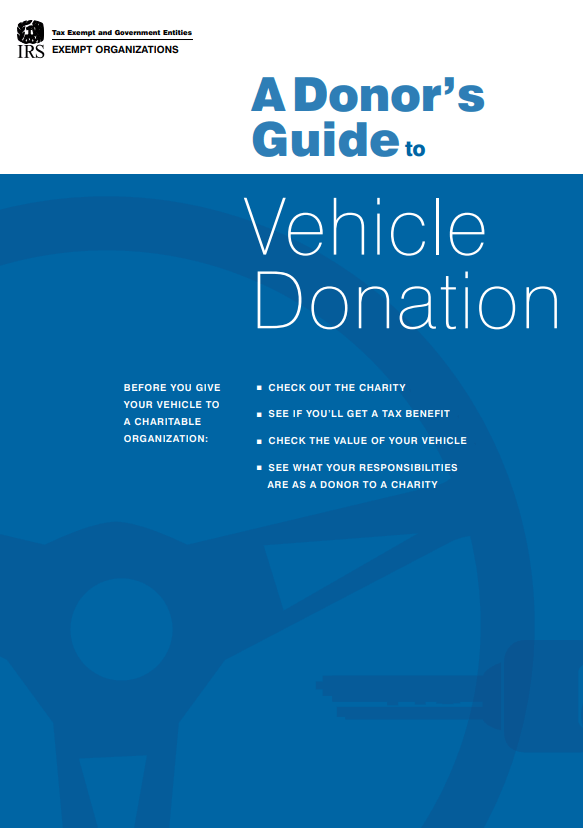In today’s economic landscape, owning a car is becoming increasingly expensive, not just because of the vehicle prices but also due to the soaring costs of car insurance. Recent data from the Bureau of Labor Statistics highlights a startling trend: auto insurance costs last month were 22.2% higher than the previous year, marking the fastest rate increase in nearly half a century. This unprecedented rise is pressing on the finances of many American drivers. But what exactly is driving these costs to such heights? From more severe accidents and costly parts to broader economic factors, the reasons are complex and multifaceted. This article delves into these causes and offers insights into the less-discussed factors contributing to the rising cost of car insurance.

Why Is Car Insurance More Expensive Now? (PDF)
Rising Accident Severity and Claims Frequency: A Deeper Look
More Severe Accidents
One of the most alarming contributors to rising insurance costs is the increase in the severity of claims. According to Robert Sinclair of AAA, not only has the number of crashes risen but the nature of these accidents has become more severe, resulting in higher costs for repairs and medical care. This trend is partly attributed to changed driving behaviors during the pandemic, with increases in speeding, reduced seat belt usage, and higher incidents of intoxicated driving, creating a recipe for more serious accidents.
Table: Key Factors Increasing Accident Severity
- Behavioral Changes: More speeding and less cautious driving post-pandemic.
- Economic Factors: Inflation affecting the cost of auto repairs and medical services.
- Statistical Increase: A 10.5% rise in road fatalities in 2021, the highest since 2005.
Geographical Influence on Insurance Costs
The location also significantly affects insurance premiums. States prone to severe weather events or with high rates of insurance fraud see notably higher premiums. For instance, Florida and Louisiana face some of the highest insurance costs in the U.S., exacerbated by hurricanes and widespread insurance fraud.
The Impact of Vehicle Technology and Labor Costs
Advanced Technology Increases Repair Costs
Today’s vehicles are not just cars; they’re complex assemblies of advanced technology, which increases repair costs significantly. A minor collision that damages sensors or other high-tech features can lead to repairs costing thousands of dollars. The integration of technology in vehicles, particularly in safety and control mechanisms, has meant that even minor accidents require more complex and thus more expensive repairs.
Bullet Points: Impact of Vehicle Tech on Insurance
- Higher Parts Costs: New cars contain expensive technology that increases repair costs.
- Labor Costs: The specialization required for newer technologies has driven up labor costs in auto repair.
Labor Market Dynamics
The auto repair industry has also been impacted by broader economic trends, including increased labor costs due to new minimum wage laws and a shortage of skilled technicians. For example, some specialized technicians in high-demand areas earn upwards of $200,000 a year, reflecting the premium on specialized skills necessary for today’s complex vehicle repairs.
Looking Ahead: Trends and Predictions
Despite some signs of moderation in repair costs, the outlook for auto insurance rates suggests a “higher for longer” scenario. Analysts anticipate that while the rate of increases may slow, the cumulative effects of several years of sharp rises, coupled with ongoing inflation in claim costs and severity, will likely keep insurance premiums elevated for the foreseeable future.
Insurance Companies’ Response
In response to these challenges, major insurers like GEICO and Travelers have been compelled to adjust their strategies, including increasing premiums and altering their underwriting practices to manage the heightened severity of claims and losses.
Conclusion
The surge in car insurance costs is a multifaceted issue influenced by a mix of behavioral, technological, and economic factors. For consumers, this means navigating a landscape where owning and maintaining a vehicle is increasingly expensive. Understanding the underlying factors driving these costs can help consumers make more informed decisions about their insurance and driving habits. Meanwhile, for insurers, adapting to these changing dynamics is crucial for sustaining their operations amidst rising claims severity and costs. As we look to the future, both insurers and drivers will need to adjust to this ‘new normal’ of higher costs and more complex vehicle landscapes.

